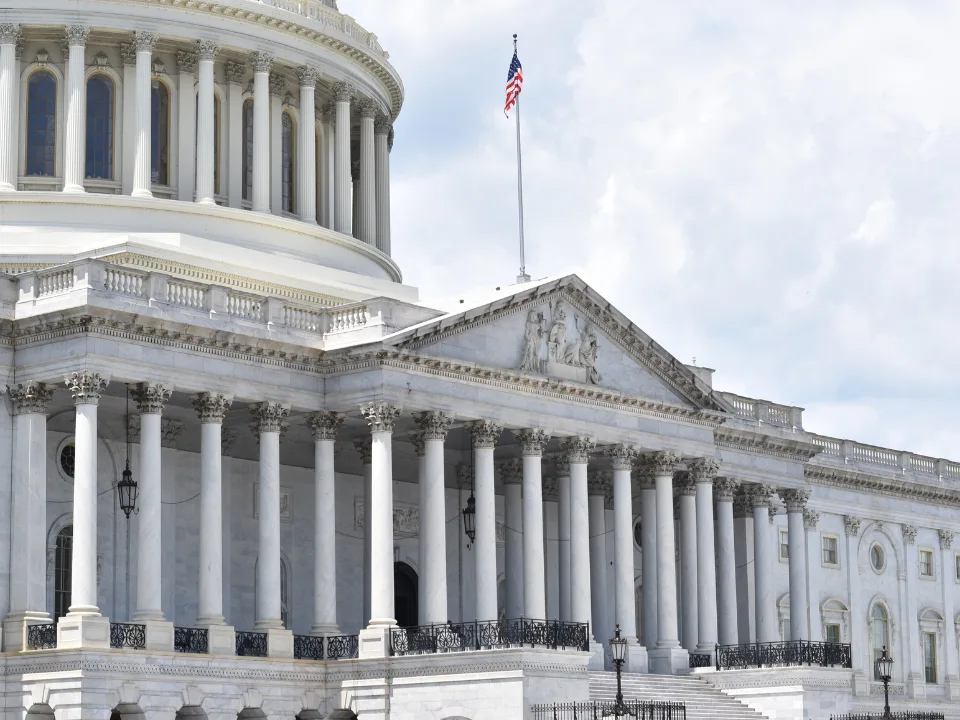- NYC’s Rent Guidelines Board approved a 3% rent increase for one-year leases and 4.5% for two-year leases on nearly 1M rent-stabilized apartments, effective Oct. 1.
- The decision comes just days after progressive mayoral candidate Zohran Mamdani, who has pledged to freeze rents, surged ahead in the Democratic primary.
- Landlords continue to argue that rent hikes are insufficient to cover growing costs, as over 5,000 rent-stabilized units tied to Joel Wiener’s Pinnacle Group face foreclosure and operating shortfalls.
- Tenant groups warn of worsening affordability, with nearly 46% of rent-stabilized tenants already classified as rent-burdened.
Political Pressure Meets Policy Reality
Bloomberg reports that in a narrow 5-4 vote on Monday, NYC’s Rent Guidelines Board approved a rent hike for the city’s rent-stabilized apartments—the fourth such decision under Mayor Eric Adams. The timing is significant, coming on the heels of a major primary shake-up, where democratic socialist Zohran Mamdani surged ahead in the race for the city’s top office with a platform centered on rent freezes.
Mamdani criticized the board’s decision as “one last blow” to renters by the outgoing Adams administration, pledging that “change is coming.” Adams, now running as an independent, expressed disappointment at the board’s higher-than-recommended increases, while rejecting calls for a full rent freeze as “short-sighted.”
The Financial Squeeze on Rent-Regulated Housing
The vote coincided with mounting stress in the rent-stabilized housing market. A federal judge denied a request by advisers to use rent income to fund essential operations for more than 5,000 apartments under bankruptcy protection and owned by Joel Wiener’s Pinnacle Group. The buildings are heavily indebted—carrying $564M—and are at risk of service disruptions.
The court acknowledged the critical role the properties play in providing affordable housing but ruled in favor of Flagstar Bank, the primary lender, citing insufficient financial assurances. A follow-up hearing is expected before the July 4 holiday.
Get Smarter about what matters in CRE
Stay ahead of trends in commercial real estate with CRE Daily – the free newsletter delivering everything you need to start your day in just 5-minutes
Landlords vs. Tenants
Tenant advocacy groups, including the Legal Aid Society, condemned the rent hike, arguing that it exacerbates already dire affordability challenges. Landlords, on the other hand, say the increases are too small to keep pace with spiking operating costs, particularly insurance, utilities, and maintenance.
According to Census data, the median monthly rent for a stabilized unit in 2023 was $1,500—far below the $2,000 median for market-rate apartments, but still unaffordable for nearly half of tenants without subsidies.
Why It Matters
With nearly half of New York’s private rentals under stabilization, rent policy is a defining issue in the city’s economic and political future. Developers and property owners face growing financial stress, while renters are squeezed by limited wage growth and rising costs.
Mamdani’s likely general election candidacy means the city could soon face a major shift in rent policy. For now, the Rent Guidelines Board’s vote reflects the challenging balancing act between preserving affordable housing and ensuring the financial viability of the buildings themselves.
What’s Next
Expect continued legal battles, political campaigns centered on affordability, and further scrutiny on the health of the city’s rent-stabilized housing stock as the November election approaches.


















